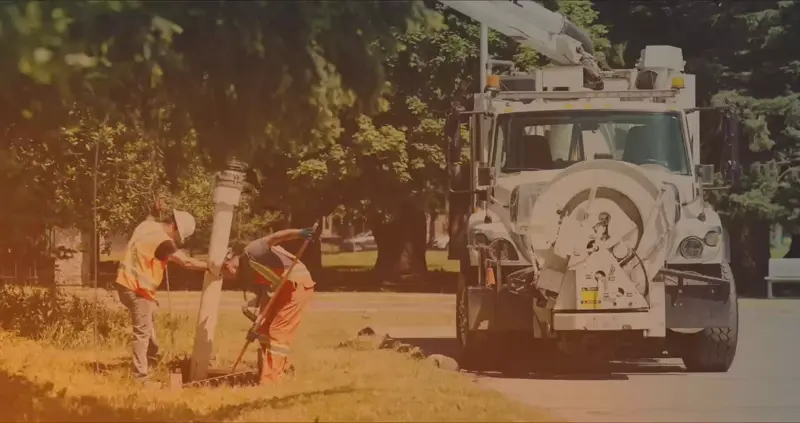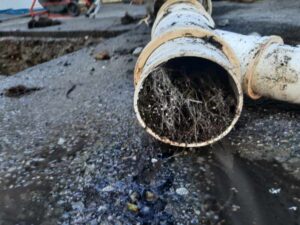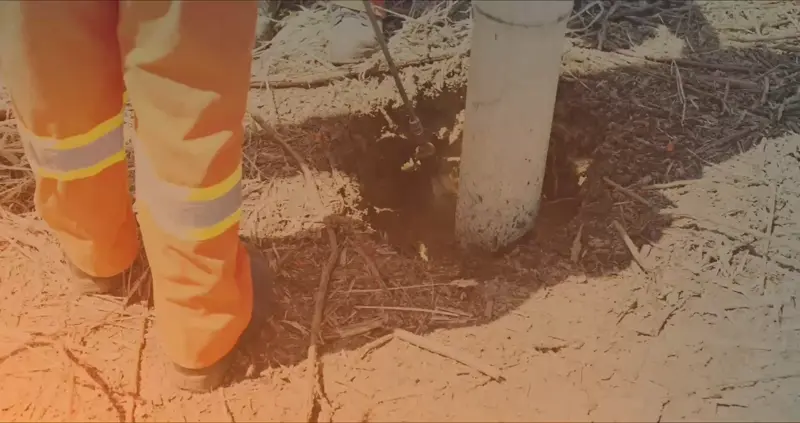Catch basins, also known as storm drains, play a crucial role in managing stormwater and preventing flooding. They trap debris, and sediment, keeping them out of our waterways. However, to function effectively, catch basins require regular maintenance and cleaning. So, how often should you clean a catch basin?
Why Regular Catch Basin Cleaning is Important
Catch basins are designed to capture and retain debris and sediment. Over time, this accumulation can lead to blockages, reducing the catch basin’s ability to manage stormwater. If left unchecked, clogged catch basins can cause:
- Flooding: Blocked catch basins can lead to water pooling on streets and properties, increasing the risk of flooding during heavy rains.
- Structural Damage: Prolonged water accumulation around foundations and structures can cause damage and erosion, leading to costly repairs.
Recommended Cleaning Frequency
The frequency of catch basin cleaning depends on several factors, including the location, surrounding environment, and usage. However, a general guideline is:
- Residential Areas: Catch basins in residential areas should be cleaned out every other year. This helps prevent blockages from leaves, grass clippings, and other debris that accumulate throughout the seasons.
- Commercial and Industrial Areas: In commercial and industrial areas, catch basins should be cleaned more frequently, typically two to four times a year. These areas often have higher levels of debris, necessitating more regular maintenance.
- High Traffic or High Debris Areas: Catch basins located near construction sites, heavily wooded areas, or places with high foot traffic may require more frequent cleaning, sometimes as often as every three months.
Signs That Your Catch Basin Needs Cleaning
While regular maintenance is essential, it’s also important to recognize the signs that a catch basin needs immediate attention:
- Standing Water: If water is pooling around the catch basin after a rainstorm, it may indicate a blockage.
- Unpleasant Odors: Foul smells emanating from the catch basin can signal a buildup of debris.
- Visible Debris: If you can see a significant amount of debris and sediment at the surface of the catch basin, it’s time for a cleaning.
- Slow Drainage: Water draining slowly into the catch basin during a storm suggests that it’s not functioning at full capacity.
Benefits of Professional Catch Basin Cleaning
While some minor maintenance can be done by property owners, professional catch basin cleaning is highly recommended for thorough and effective results. Here’s why:
- Specialized Equipment: Professionals use high-powered vacuum trucks and other specialized equipment to remove debris and sediment efficiently.
- Safety: Catch basin cleaning can be hazardous, especially in confined spaces or areas with traffic. Professionals are trained to handle these conditions safely.
- Expertise: Professional cleaning services have the knowledge and experience to identify and address issues that may not be visible to the untrained eye.
Regular catch basin cleaning is essential for preventing flooding and protecting property. By following the recommended cleaning frequency and recognizing the signs of a clogged catch basin, you can ensure your stormwater management system works efficiently.



